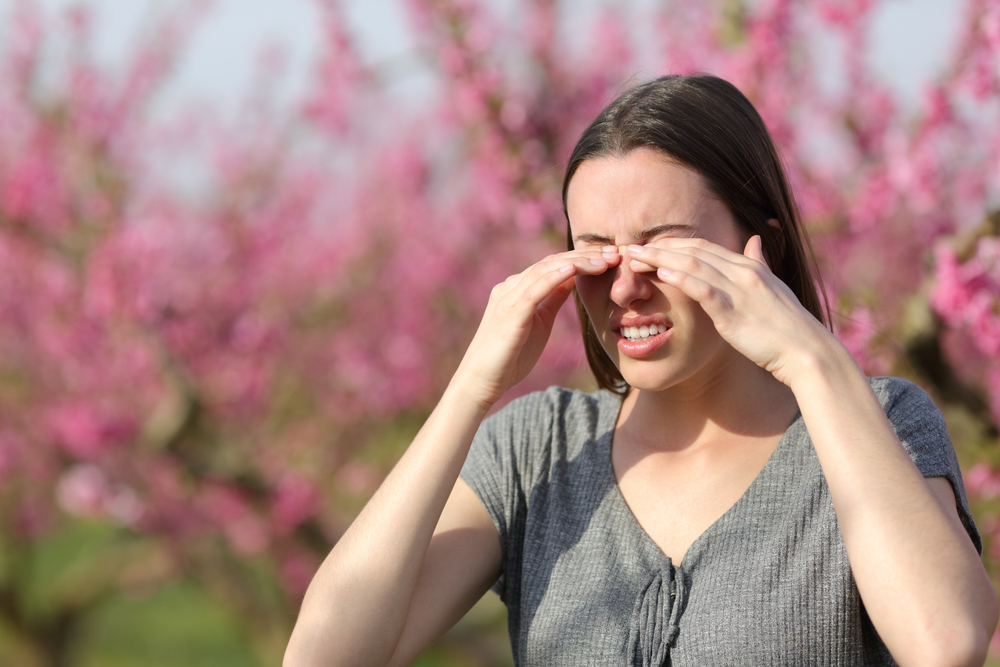
Dry eye syndrome is a common condition that affects millions of people worldwide. Characterized by insufficient tear production or poor tear quality, it can cause discomfort, blurry vision, and even long-term damage to the eye's surface. While many factors contribute to dry eye symptoms, climate and weather conditions play a significant role in how frequently and severely they occur.
The Link Between Climate and Dry Eyes
The environment we live in can directly influence the health of our eyes. Certain climates and weather patterns are more likely to exacerbate dry eye symptoms. Here are a few examples:
Dry and Arid Climates: Regions with low humidity, such as deserts or areas with hot, dry weather, can cause tears to evaporate more quickly, leaving the eyes feeling dry and irritated. Air conditioning and heating, often used in these climates, can further reduce humidity levels indoors.
Cold Weather: During colder months, heaters are commonly used to warm homes and offices, which can significantly dry out indoor air. This lack of moisture can worsen dry eye symptoms, especially for individuals who already struggle with tear production.
Windy Conditions: Windy weather, whether in a dry or humid climate, can strip the eyes of their natural moisture. Outdoor activities like hiking or biking in windy conditions can intensify dryness and discomfort.
Allergy Seasons: Spring and fall bring an increase in pollen and other allergens. These allergens can irritate the eyes, causing redness, itching, and watering that may worsen dry eye symptoms.
High Altitudes: At higher elevations, the air is thinner and less humid, which can make it harder for the eyes to retain moisture. People who live in or frequently visit mountainous areas may notice an increase in dry eye symptoms.
Managing Dry Eye Symptoms in Different Weather Conditions
Understanding how climate and weather impact dry eye symptoms can help you take proactive steps to manage the condition. Here are a few tips to alleviate discomfort:
Use a Humidifier: Adding moisture to indoor air can help combat the drying effects of heaters and air conditioning.
Wear Protective Eyewear: Sunglasses or goggles can shield your eyes from wind and allergens when outdoors.
Stay Hydrated: Drinking plenty of water can support overall hydration, including tear production.
Use Artificial Tears: Over-the-counter lubricating eye drops can provide immediate relief and supplement natural tear production.
Avoid Direct Airflow: Position yourself away from fans, heaters, or air conditioning vents that blow directly into your face.
When to See an Eye Doctor
While many cases of dry eye can be managed with lifestyle adjustments and over-the-counter treatments, some symptoms may require professional care. It’s time to see an eye doctor if you experience:
Persistent dryness, redness, or irritation despite using artificial tears.
Sensitivity to light or difficulty keeping your eyes open.
Blurred vision that doesn’t improve with blinking.
A gritty or foreign body sensation in the eyes.
Discomfort that interferes with your daily activities.
An eye doctor can perform a thorough evaluation, identify the underlying causes of your symptoms, and recommend advanced treatments such as prescription eye drops, punctal plugs, or nutritional supplements.
Schedule Your Dry Eye Evaluation with Clarity Eyecare
Climate and weather conditions can significantly impact dry eye symptoms, making it essential to recognize the environmental triggers affecting your eye health. By taking proactive measures and seeking professional care when needed, you can minimize discomfort and protect your vision.
If you’re struggling with persistent dry eye symptoms, schedule a consultation with Clarity Eyecare for personalized care and effective solutions. Visit any of our offices in Birmingham, Waterford, Sylvan Lake, South Lyon, Walled Lake, and Commerce Twp., Michigan. Call (248) 369-3300, (248) 698-2000, (248) 682-6448, (248) 437-3351, (248) 624-1707, or (248) 366-8600 to book an appointment today.







